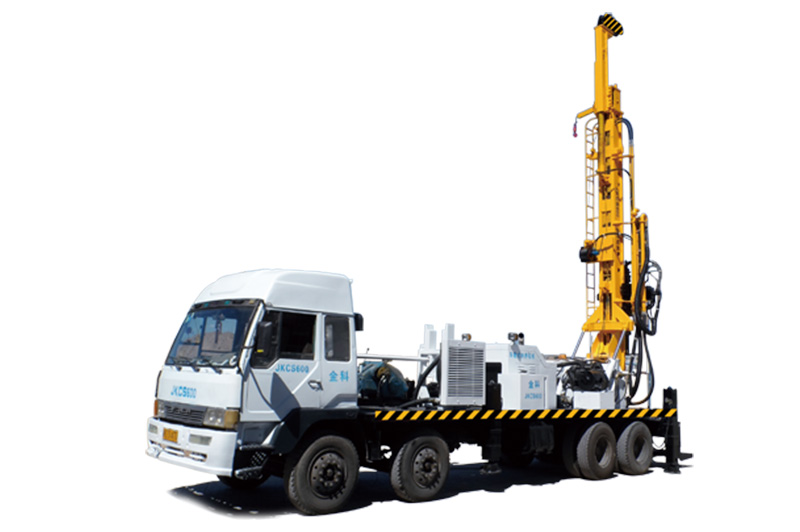Maintaining a crawler drilling rig is crucial to ensure its optimal performance, longevity, and safety. Regular maintenance not only prevents breakdowns but also contributes to the efficiency and reliability of the equipment. Here's a comprehensive guide on how to maintain a crawler drilling rig:
Daily Inspection: Conduct a thorough visual inspection of the entire crawler drilling rig before each use. Check for loose bolts, leaks, and any signs of wear or damage. Pay attention to hydraulic hoses, connections, and the condition of the tracks.
Lubrication: Proper lubrication is essential for the smooth operation of a crawler drilling rig. Regularly grease all moving parts, including joints, bearings, and pivot points. Follow the manufacturer's recommendations for the type and frequency of lubrication.
Inspect Hydraulic Systems: Check hydraulic hoses and fittings for any signs of leaks or damage. Ensure that hydraulic fluid levels are within the recommended range. Monitor the performance of hydraulic cylinders and address any issues promptly.
Track Tension: Maintain proper track tension to prevent excessive wear on the tracks and undercarriage components. Tracks that are too loose can lead to misalignment, while tracks that are too tight can cause premature wear.
Inspect Drill Components: Examine the drill components, including the drill bit, rods, and casing, for wear and damage. Replace any worn-out parts to maintain drilling efficiency. Ensure that the drill bit is sharp for effective penetration.
Electrical Systems: Regularly inspect the electrical systems, including wiring, connectors, and controls. Address any issues with the electrical components promptly to prevent malfunctions during operation.
Cooling System: Keep the cooling system in optimal condition by checking the radiator and cooling fans regularly. Clean the radiator to remove debris, and ensure that the cooling fans are functioning properly to prevent the engine from overheating.

Air Filters: Regularly inspect and replace air filters to ensure proper air intake for the engine. Clean filters prevent dust and debris from entering the engine, enhancing its efficiency and longevity.
Inspect Fluid Levels: Check and maintain proper levels of engine oil, hydraulic fluid, coolant, and other essential fluids. Regularly change engine oil and other fluids according to the manufacturer's recommendations.
Bolt and Fastener Tightening: Periodically check and tighten bolts and fasteners throughout the drilling rig. Vibrations during operation can cause nuts and bolts to loosen over time.
Keep a Maintenance Log: Maintain a detailed log of all maintenance activities, including inspections, repairs, and replacements. This log can serve as a valuable reference for future maintenance and help identify patterns or recurring issues.
Operator Training: Ensure that operators are adequately trained on the proper use and maintenance of the crawler drilling rig. Well-trained operators are more likely to identify potential issues early and operate the equipment in a manner that minimizes wear and tear.
By following a proactive and routine maintenance schedule, operators can maximize the performance and lifespan of a crawler well drilling rig. Regular inspections, lubrication, and addressing issues promptly are key to keeping the equipment in optimal working condition. Always refer to the manufacturer's guidelines and consult with qualified professionals when needed for more specialized maintenance tasks.
Comments
Please Join Us to post.
0